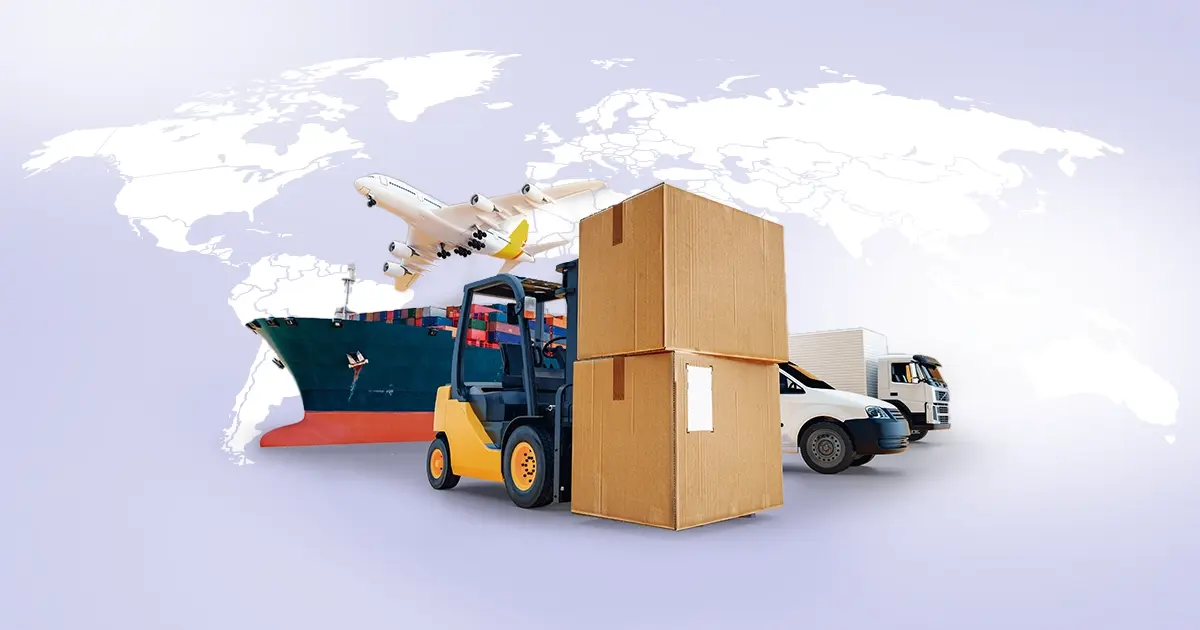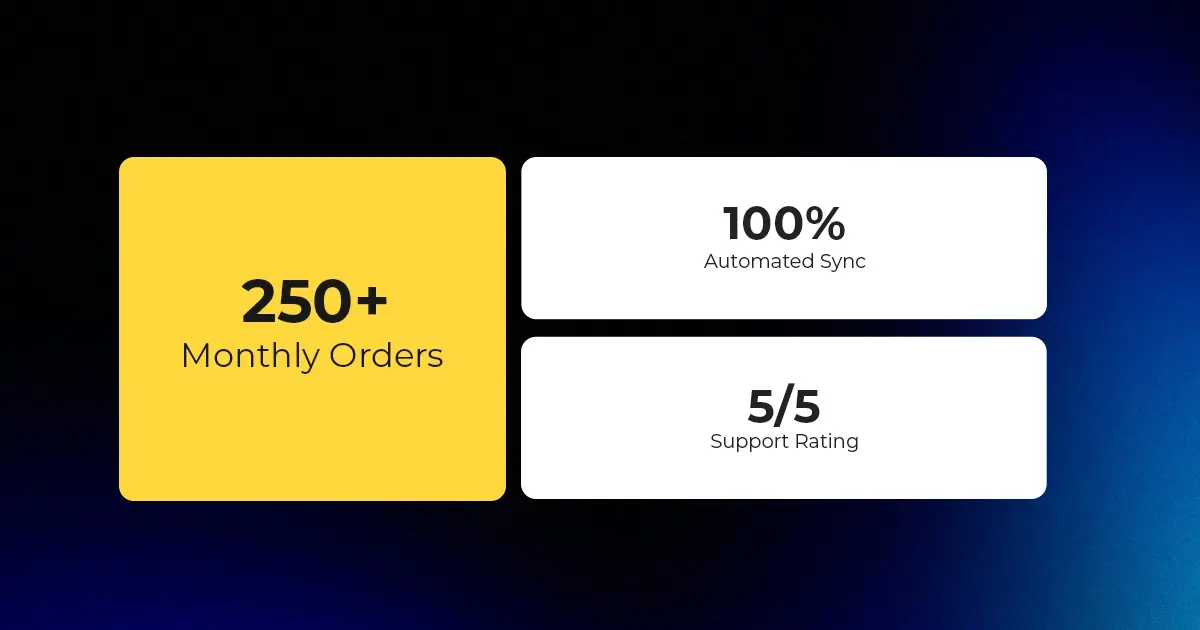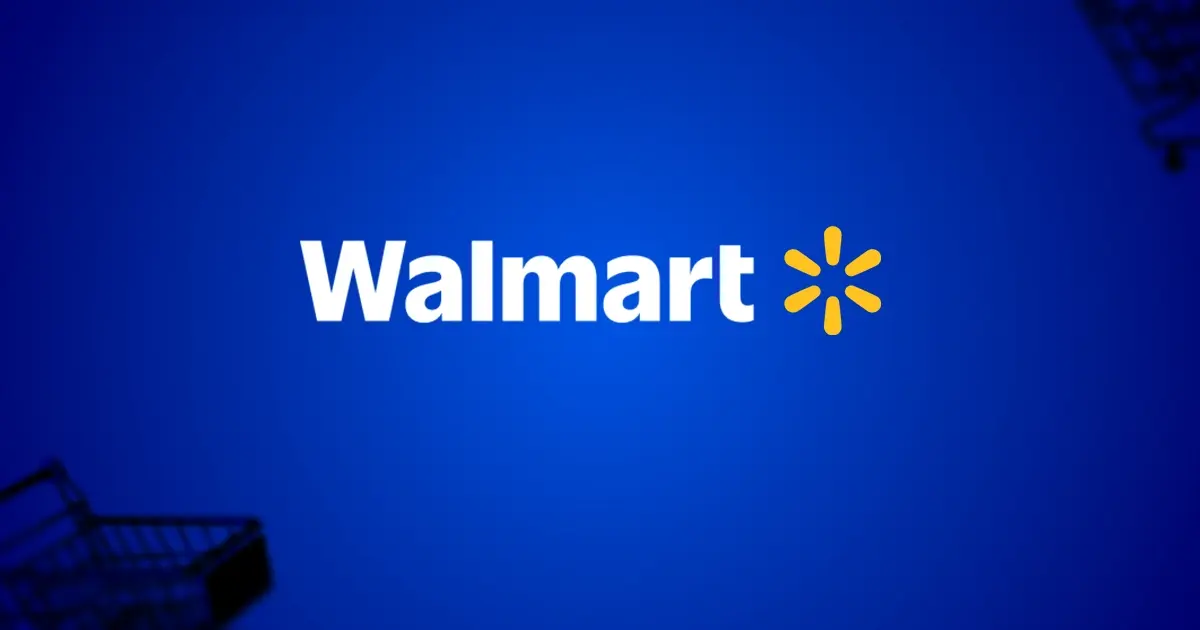BFCM Checklist for Operations: Support, Fulfillment & Logistics in 2025
Reading Time: 11 minutesThe $240 Billion BFCM Opportunity & Why Operations Matter Every seller, business,…
While the holiday season for most people marks a time for joy, celebration, and family gatherings, for sellers, it’s a high-stakes battleground. This period, often characterized by a surge in consumer spending, presents a unique opportunity to significantly boost sales and revenue. However, navigating this competitive landscape requires meticulous planning, strategic execution, and a deep understanding of consumer behavior. According to recent data, global sales during the holiday season witness a remarkable 6% year-on-year increase. This growth is particularly experienced during Cyber Week, accounting for a substantial 23% of all online holiday sales. Such staggering figures underscore the holiday shopping season’s immense potential and competitive nature. In this blog, we’ll cover key strategies and holiday season eCommerce sales and marketing tips to help you prepare for the holiday rush, from early planning and inventory management to post-holiday strategies that will keep your momentum going into the new year.
Planning ahead is fundamental tip for eCommerce sales and marketing success during the holiday season. Early planning helps sellers forecast demand, manage inventory effectively, and allocate resources appropriately. It also enables businesses to take advantage of early promotional opportunities, engage customers sooner, and increase brand visibility.
To forecast demand, analyze data from previous holiday seasons, considering market trends and customer behavior. Leverage analytics tools to assess sales patterns from past years and identify which products were bestsellers. Look for emerging trends by monitoring competitor activities and seasonal trends using Google Trends and social media insights.
Once you have a clear demand forecast, the next step is to manage your inventory effectively.
Optimizing your product listings with holiday-specific keywords is essential for increasing visibility and driving traffic.
Email marketing remains one of the most effective channels during the holiday season and is also a great eCommerce tip.
Social media can significantly amplify your holiday marketing efforts. So, here is how to prepare your eCommerce store for sales and marketing in the holiday season:
SMS marketing is a powerful tool for reaching customers quickly.
Holiday-themed landing pages can enhance the shopping experience and make a great start to prepare your eCommerce store for the holiday season.
As traffic surges during the holiday season, your website needs to perform optimally.
Effective customer support can greatly enhance the shopping experience.
Influencer marketing can significantly extend your reach during the holiday season. Identify micro and nano influencers who align with your brand values and have a dedicated following. Their authentic engagement can yield higher conversion rates compared to larger influencers.
Ensure they have all the necessary information for their campaigns. Share clear guidelines about your brand, key selling points, and any specific messages or promotions you want them to communicate.
Holiday gift guides are a great way to attract potential customers and build your email or SMS subscriber list. Offer downloadable guides that feature a curated selection of your products, categorized by recipient type, budget, or interest. Promote these guides through your website, social media, and email campaigns.
Gift guides can also drive organic traffic to your site. Optimize these guides with relevant keywords and share them across your marketing channels. Additionally, collaborate with influencers or bloggers to feature your guide on their platforms, expanding your reach even further.
Having the right marketing tips and strategies for the eCommerce holiday season will take your products to a wider audience and help scale your business. Here are a few marketing strategies that can go a long way when you prepare for the eCommerce holiday:
Never forget that everything that you are doing in your business is for your customers. So, ensure that the customer experience during the holiday season remains flawless and smooth.
During the holiday season, fast and reliable shipping is a top priority for customers. Prepare your eCommerce store for the holiday season by partnering with reputable carriers and consider offering expedited shipping options. Be transparent about shipping times, especially as deadlines for holiday delivery approach.
Using fulfillment services like FBA and WFS. These services handle storage, packing, and shipping, allowing you to focus on other aspects of your business.
Offering free shipping can be a powerful incentive for customers to complete their purchases. You can set a minimum purchase threshold to qualify for free shipping, which can also help increase your average order value.
Once the holiday season is over, it’s time to review your sales data to understand what worked and what didn’t. Analyzing data on product performance, customer behavior, and marketing effectiveness can provide valuable insights for future campaigns.
Maintaining customer relationships after the holidays is crucial for long-term success. Follow up with post-holiday emails, thanking customers for their purchases and offering incentives for future orders. Implement a loyalty program to encourage repeat business.
Returns are inevitable after the holidays, so it’s important to have a clear and efficient process in place. Make it easy for customers to return or exchange items by providing pre-paid return labels and clear instructions. Efficient return handling can help maintain customer satisfaction and encourage future purchases.
The holiday season is a critical time for eCommerce sellers, offering immense opportunities to boost sales and grow your business. By planning early, optimizing your product listings, implementing effective eCommerce marketing tips and strategies, and enhancing customer experience, you can prepare and set yourself up for successful holiday season sales and marketing.
Don’t forget to review your performance after the holidays to gain insights for future improvements. So, start preparing now to make the most of this festive season and ensure your eCommerce business thrives.

Reading Time: 11 minutesThe $240 Billion BFCM Opportunity & Why Operations Matter Every seller, business,…

Reading Time: 7 minutesTL;DR — Your 60-Second BFCM Battle Plan Time remaining: 3 weeks until…

Reading Time: 2 minutesChina’s Double 11 shopping festival — the world’s largest annual online retail…

Reading Time: 2 minutesAs the holiday season approaches, TikTok Shop has released its September 2025…

Reading Time: 3 minutesIn a continued effort to enable sellers and stimulate new product launches…

Reading Time: 2 minutesAs global trade enters a new phase of regulation and cost restructuring,…

Reading Time: 2 minutesOpenAI Turns to Amazon Web Services in $38 Billion Cloud Deal: What…

Reading Time: 4 minutesAbout the Client TMRG is a global health and wellness brand with…

Reading Time: 2 minutesAmazon Begins Quarterly Tax Reporting to China: A New Era of Cross-Border…

Reading Time: 2 minutesAbout the Brand Name: Stylecraft Industry: Home Décor & Lighting Location: US…

Reading Time: 2 minutesAbout the Brand Name: Flag Agency Industry: Digital Retail & Brand Management…

Reading Time: 2 minutesAbout the Brand Name: Stadium Goods Industry: Sneakers, Apparel & Collectibles Location:…

Reading Time: 11 minutesHalloween 2025: The Creative Seller’s Goldmine In the age of viral décor…

Reading Time: 2 minutesOverview AliExpress has launched a new global scheme — the Best Price…

Reading Time: 3 minutesEtsy, Inc. (“Etsy”) today announced two major developments: the appointment of Kruti…

Reading Time: 2 minuteseBay posted a strong performance in Q3 2025, with revenue and gross…

Reading Time: 3 minutesAbout the Client Esty Store: Infinite Spiral, LLC Overview: Infinite Spiral, LLC,…

Reading Time: 3 minutesWalmart has announced a landmark partnership with OpenAI that could reshape the…

Reading Time: 5 minutesAfter years of tension over the ownership and control of TikTok, the…

Reading Time: 3 minutesWalmart’s new collaboration with OpenAI signals more than a tech upgrade —…